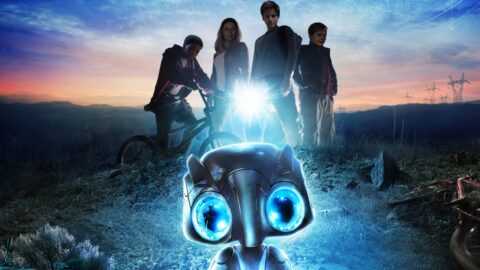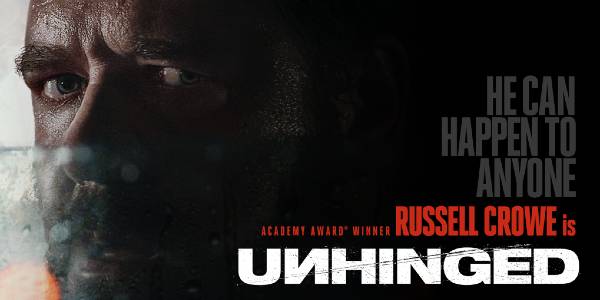Genre: Science Fiction | Psychological Drama | Space Adventure
James Gray’s Ad Astra (2019) is a meditative, visually stunning voyage into deep space—and into the deepest corners of a man’s mind. Equal parts existential sci-fi epic and intimate father-son drama, this film trades the bombast of typical space adventures for something far more introspective: a slow, haunting exploration of isolation, legacy, and the quiet ache of longing for answers that may never come.
Brad Pitt stars as Major Roy McBride, an unflappable, emotionally controlled astronaut whose heart rate famously never spikes, no matter how life-threatening the situation. When Earth is rocked by mysterious power surges traced back to a long-lost mission at the edge of our solar system, Roy is pulled into a dangerous odyssey: track down his father, the legendary astronaut Clifford McBride (Tommy Lee Jones), who disappeared decades ago while searching for intelligent life near Neptune.
The premise sounds like classic sci-fi—echoes of 2001: A Space Odyssey, Apocalypse Now, and Heart of Darkness reverberate throughout—but Gray’s approach is grounded in realism and quiet melancholy. Instead of alien encounters and flashy action, Ad Astra gives us lonely journeys through desolate space stations, whispered reflections inside cramped spacecraft, and a man confronting the silence that comes when your hero turns out to be painfully human.
Brad Pitt delivers one of his most restrained and moving performances. His Roy is stoic on the surface but quietly fraying underneath, a man so conditioned to suppress feeling that the vast emptiness of space feels like an extension of his own emotional vacuum. His mission becomes a reckoning—an attempt to understand his father’s choices and, by extension, his own inability to connect with those still living back on Earth.
Visually, the film is breathtaking. Hoyte van Hoytema’s cinematography paints space as both beautiful and terrifying—solar flares, lonely planets, and neon-soaked lunar outposts all captured with hypnotic realism. The haunting score by Max Richter and Lorne Balfe deepens the sense of cosmic isolation, pulling you into Roy’s cold, echoing mind.
Ad Astra isn’t for everyone—its deliberate pace and sparse dialogue can feel distant, and those craving big space battles may find it too meditative. But for viewers who appreciate thoughtful sci-fi, it’s a powerful reflection on fathers and sons, the cost of obsession, and the quiet, human need to feel seen—even in the void of the stars.
In the end, Gray’s film leaves us with a simple truth hidden beneath its cosmic grandeur: sometimes the greatest journey isn’t to the far reaches of the solar system, but back home—toward the fragile connections we keep trying to fix before they slip forever out of reach.









